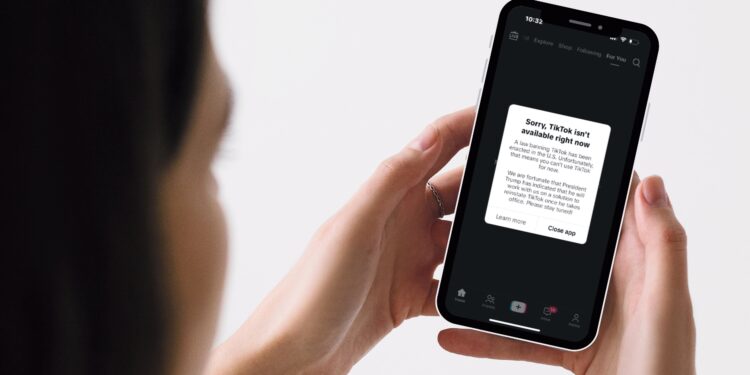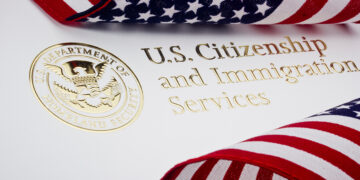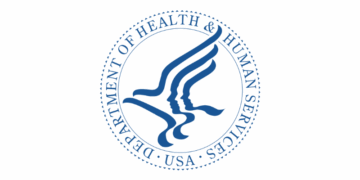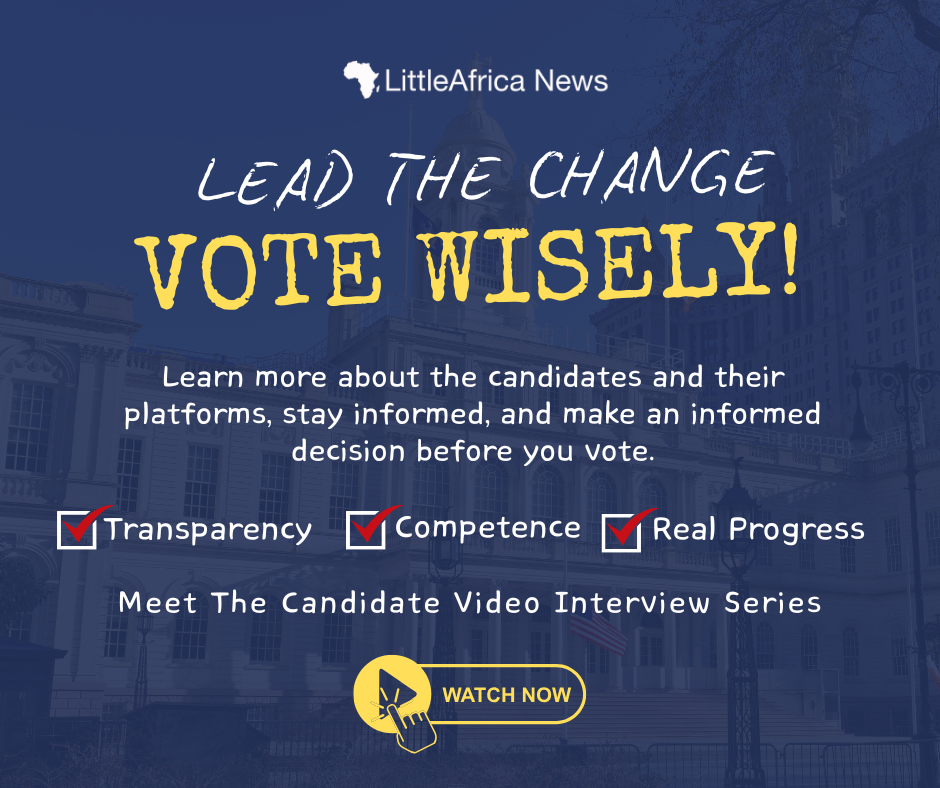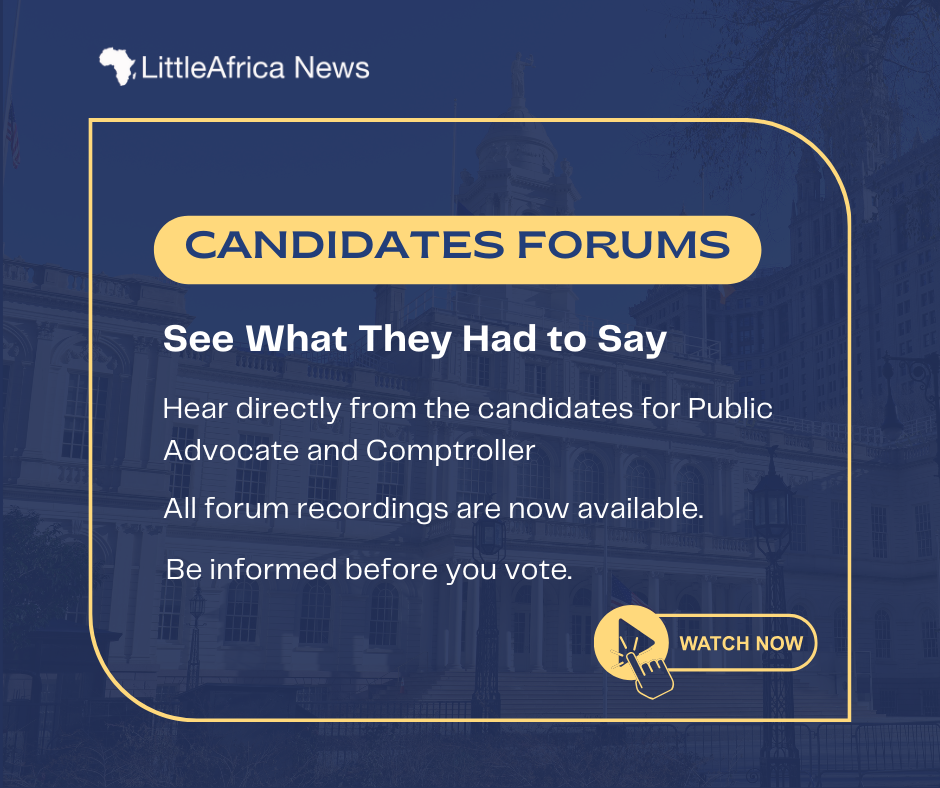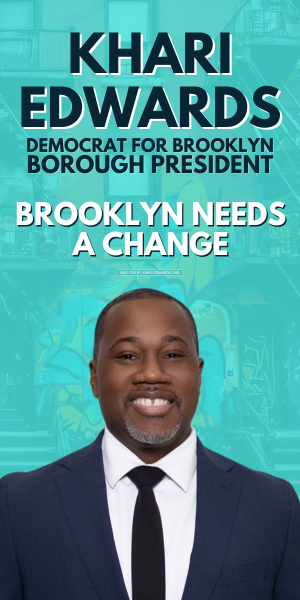On Saturday night, January 18th, millions of Americans were greeted with a message when they opened TikTok: “Sorry, TikTok isn’t available right now.” The action followed a law passed last year by Congress, which imposed a deadline for the app’s shutdown in the United States after a protracted debate over its ties to China. With 170 million American users, the social media platform became inaccessible mere hours before the ban was set to go into effect.
The law, which President Joe Biden signed in April 2024, requires TikTok’s parent company, ByteDance, to sell the app to a U.S.-owned company or face a ban. Concerns over national security have been central to the push for the ban. U.S. lawmakers, including FBI Director Christopher Wray, have argued that TikTok could serve as a tool for the Chinese government to spy on Americans or manipulate public opinion. TikTok’s data collection practices—said to include tracking users’ locations, reading their messages, and collecting device information—have further fueled these concerns.
TikTok has fought back legally in response to the law, with the case reaching the U.S. Supreme Court. The Court upheld the law, ruling that it did not violate First Amendment rights but expressed some reservations over the potential for government content manipulation. With no progress on a sale and the deadline fast approaching, TikTok was forced to shut down, pulling its app from both the Apple and Google Play stores and cutting off service to users.
However, there may still be hope for the app’s U.S. users. As TikTok went offline, a message expressed optimism for a quick resolution. “We are fortunate that President Trump has indicated that he will work with us on a solution to reinstate TikTok once he takes office,” the message read. President-elect Donald Trump, who has previously voiced concerns about TikTok’s security risks, has signalled that he may delay the ban for up to 90 days once he takes office on Monday. In a phone interview with NBC News, Trump called the situation “a very big situation” and suggested a delay would allow time to look into potential solutions.
While the Biden administration had made it clear that actions to enforce the law would fall to the next administration, the White House dismissed TikTok’s shutdown as a “stunt.” White House Press Secretary Karine Jean-Pierre noted that the law was passed with bipartisan support, and its enforcement is now in the hands of President Trump. Service providers like Google and Apple, who would face legal repercussions for allowing TikTok to remain active, have pulled the app due to fears of violating the ban. Despite the shutdown, TikTok has hinted that the app could be back online soon as negotiations with the incoming administration continue.



